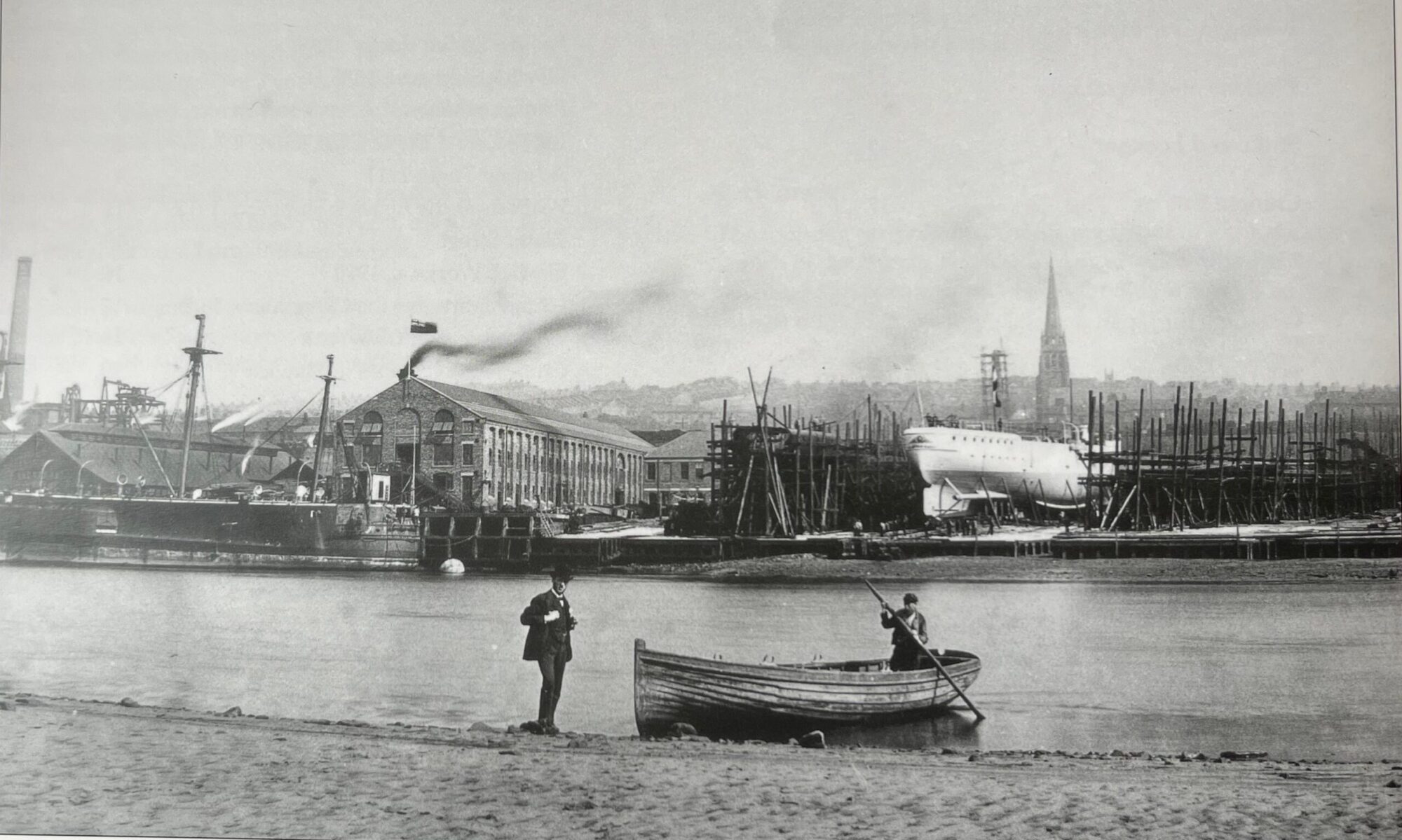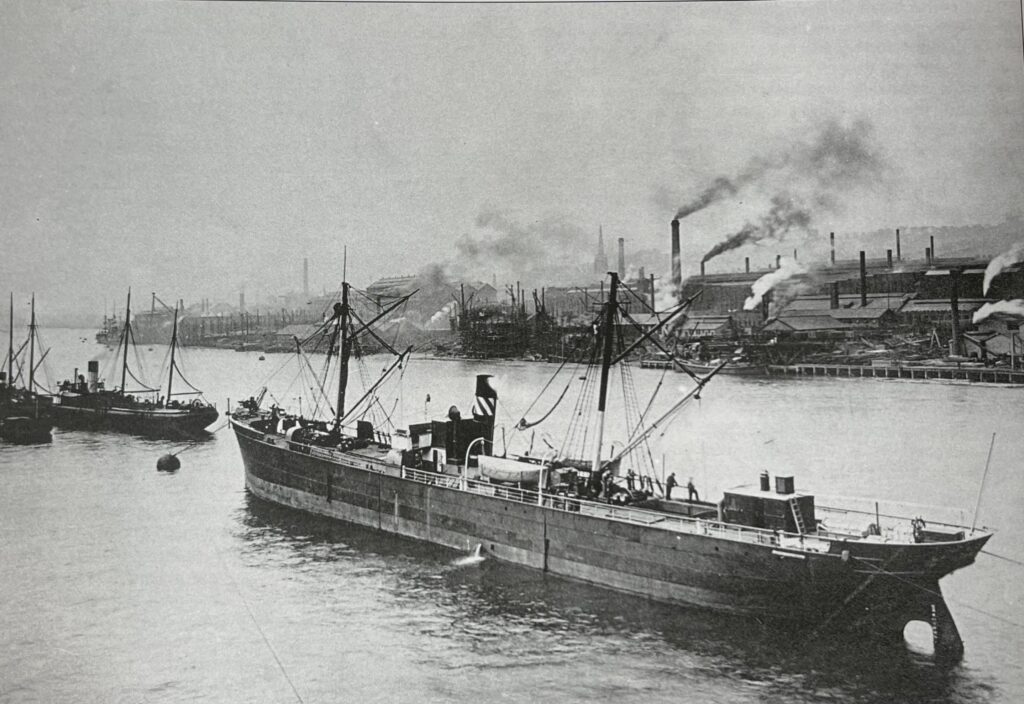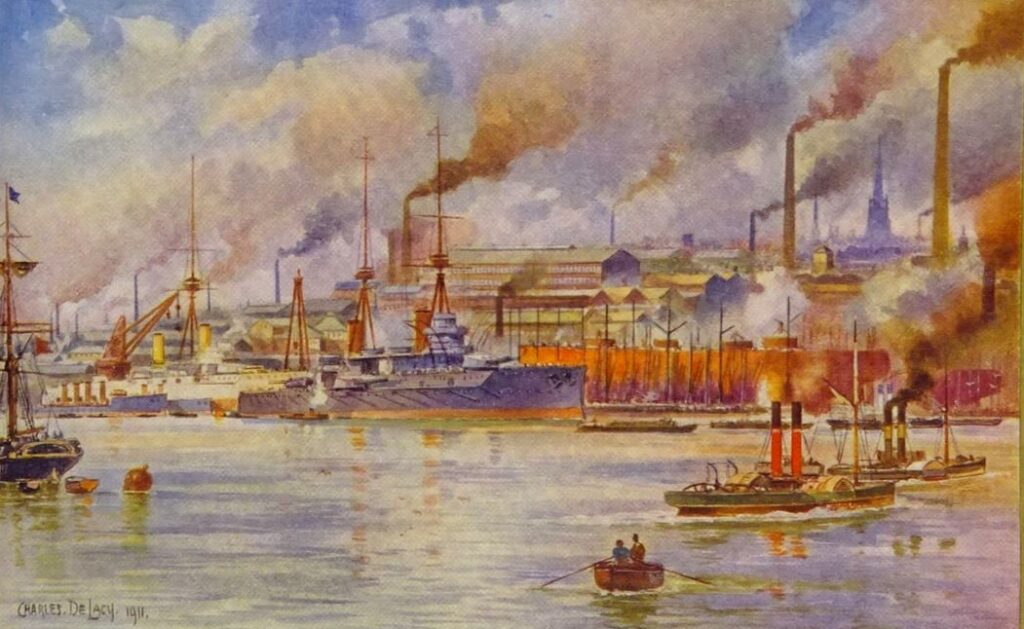Welcome to this website. This website has been created as a portfolio to present my final project in my Public History MA.
Public History is a broad and increasingly growing field of history. There are so many debates over what public history means and there is no universal definition. For example, The International Federation for Public History asked people from eight different countries ‘what is public history for you?’ in the following video:
With regards to this project, I am approaching Public History in a way that involves discovering new perspectives and interpretations of history which have not previously been explored or heard. It involves presenting and disseminating history to wider audiences in new, engaging ways which involve collaboration and building relationships so that greater groups of people feel involved. Such projects often challenge current histories because of dominant narratives and entrenched views.
With this in mind this project has explored Lord Armstrong’s Elswick Shipyard and its Colonial Legacy.
Scholarship surrounding the history of the North East is dominated by its industrial heritage, and more specifically, the global reputation it held for shipbuilding. Existing scholarship on Lord Armstrong’s shipbuilding business at Elswick, in particular, has been explored from a biographical, industrial, and military perspective. Existing work has not made the link between shipbuilding at Elswick and colonialism. Despite such an established global reputation and market, historians have stopped short of researching what the ships were used for and involved in beyond their launch date.

This presentation aims to challenge the dominant narrative which has been created as a result of the copious literature on the subject. This dominant narrative emits what the ships went on to achieve and conquer. The project will create new perspectives, through the post-colonial critique, which highlight the global ramifications Elswick Shipyard and the vessels it produced had. Particularly during a time when European powers scrambled to own as much of the Earth’s surface as possible. Furthermore, Newcastle as a city profited from the money and philanthropy which came from both Armstrong and the profits which were made from sales at his Elswick works. Therefore, this research will also challenge the idea that only those directly involved with colonising other countries, through the ships produced, were enriched by it.
Please find a copy of the video presentation on the next page.
References
YouTube. “What is Public History for you?”, last modified 16th March 2015, What is Public History for you? – YouTube.



